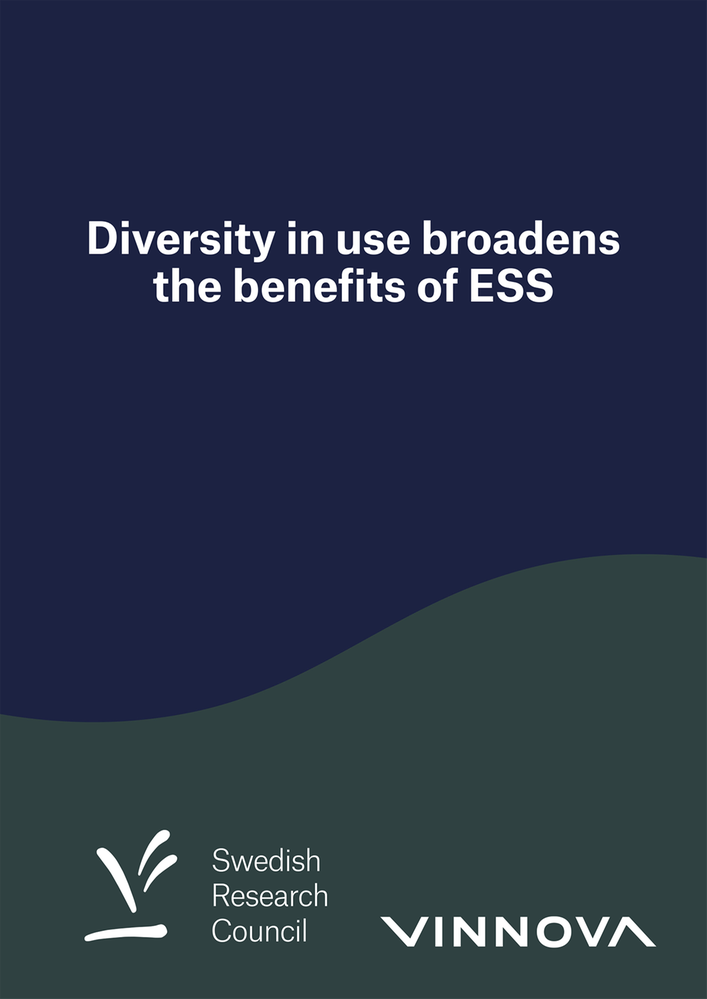Diversity in use broadens the benefits of ESS
ESS, and MAX IV, are strategically very important for Swedish research and innovation, and for strengthening our role as one of the world's foremost knowledge nations. The facilities will provide Sweden with unique conditions for conducting excellent research and create new opportunities for collaboration between academia, industry and the public sector in order to achieve solutions for sustainable societal development.
The report is written by a working group within the Council of the Office for ESS and MAX IV and has a special focus on ESS. The purpose is to investigate and give recommendations on how access to research infrastructures should be designed to create preconditions for the best research and for Sweden’s and Europe’s opportunities to contribute to solving the global societal challenges and improving their competitiveness. The report provides a number of concrete and useful pieces of advice and recommendations in order to increase non-academic accessibility to research facilities.
MORE WITHIN THE SAME SUBJECT AREA
-
News |
Published 9 April 2024
More dialogue is needed between the research community and decision-makers to ensure decisions made are based on scientific knowledge. A new report from Science Europe has proposals for how this dialogue can be improved.
-
Article |
Published 8 April 2024
Are you doing research in computational science? Then you can apply for access to Swedish and European computational resources at NAISS and EuroHPC. Here you can read more about how to do this.
Keywords:
-
Infrastructures |
Published 25 March 2024
ArchLab is a distributed research infrastructure that coordinates a number of laboratories that use natural science methods to tackle archaeological questions. The infrastructure is under construction and is coordinated from Umeå University.
Keywords:




